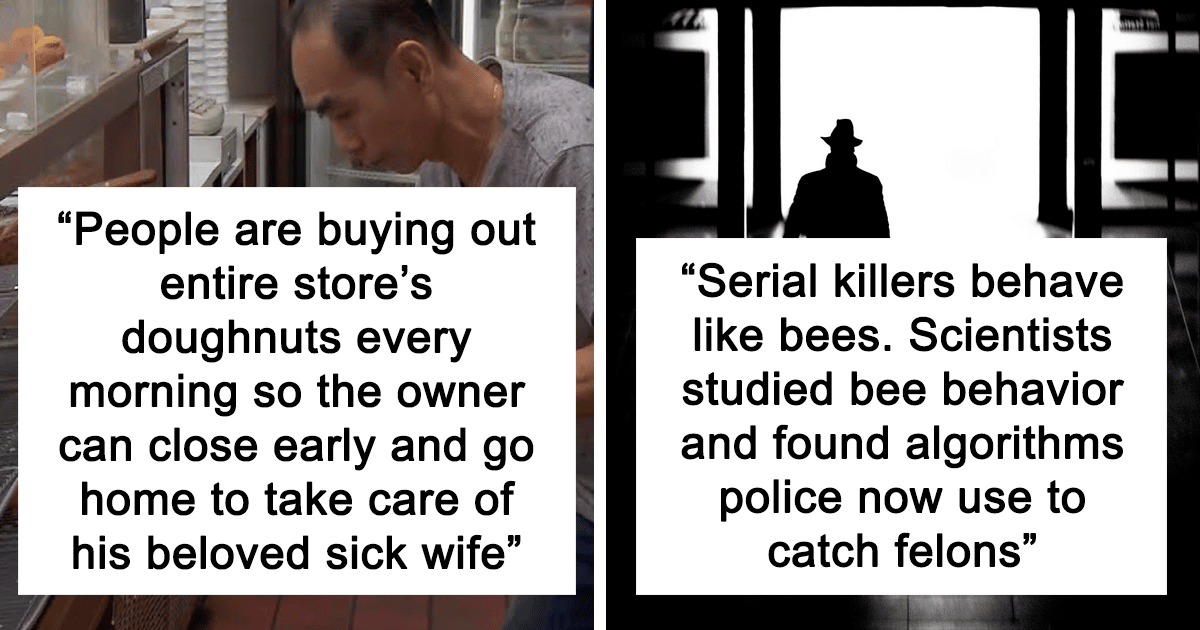You won’t benefit from knowing why James Michael Tyler got to play a barista in Friends or why a super-rich Swedish man bought a chunk of the Amazon rainforest. It is possible that your local pub quiz master will ask about these things.
At “Mind-Blowing Facts” is an excellent place to do that. This internet project shares tidbits of information about the world we live in and also includes complimentary photos to help these tiny lessons stick in our memory for a little longer. Check out some of the most popular posts.
1.
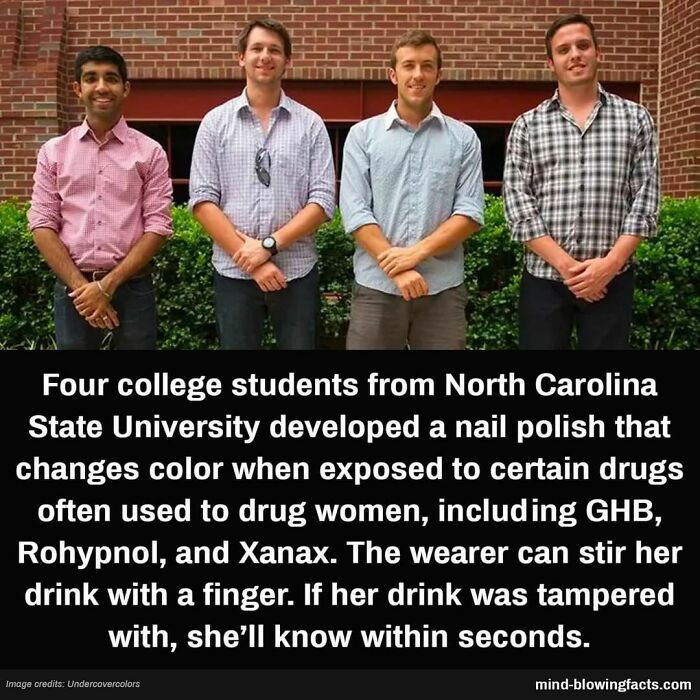
2.

Random facts can be good for your mental health. According to experts, playing a game of trivia can provide a dopamine rush similar to gambling, but without the negative effects.
The benefits are there even if the actual games are different. The basic premise remains the same, whether we’re playing at home or at a pub. We enjoy answering questions about lesser-known facts.
3.

4.
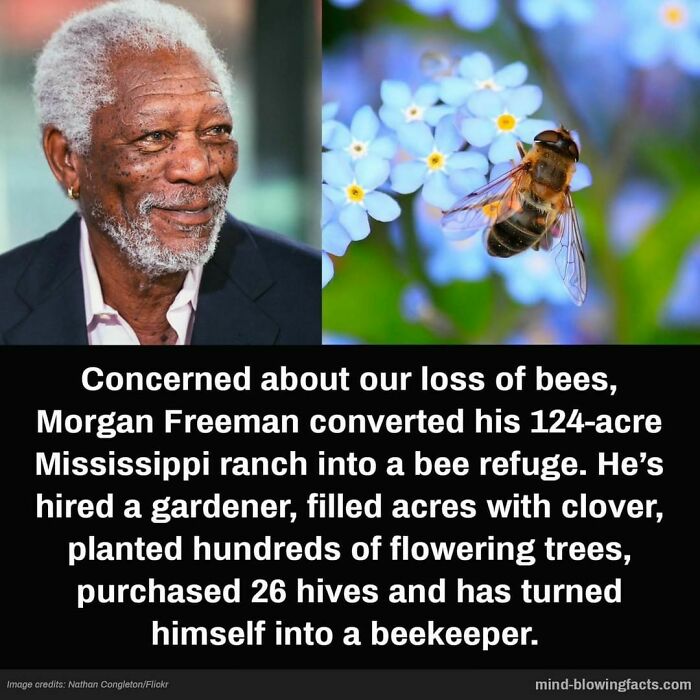
5.
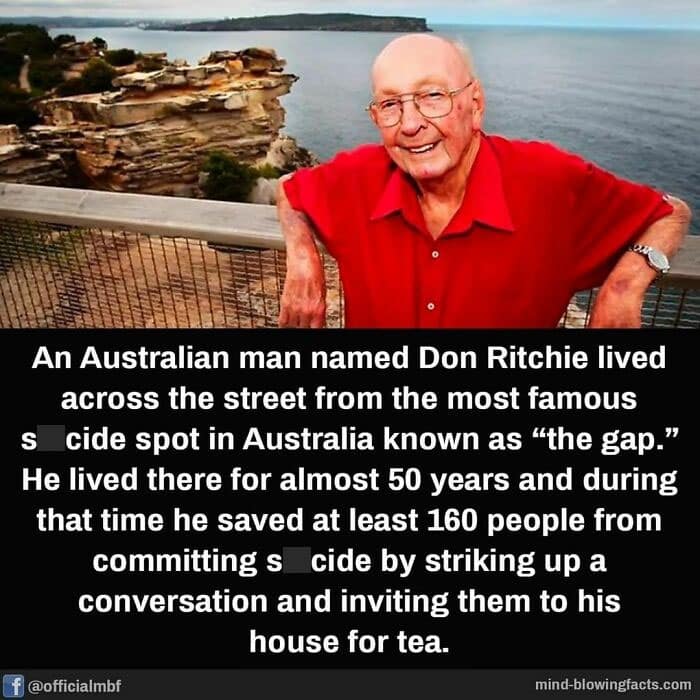
“You get a rush or a neuroreward signal or a dopamine burst from winning,” John Kounios, Ph.D., professor of psychology and director of the doctoral program in applied cognitive and brain sciences at Drexel University in Pennsylvania, told Healthline. “I think whenever you’re challenged with a trivia question and you happen to know it, you get a rush. It’s sort of like gambling.”
6.

7.

8.
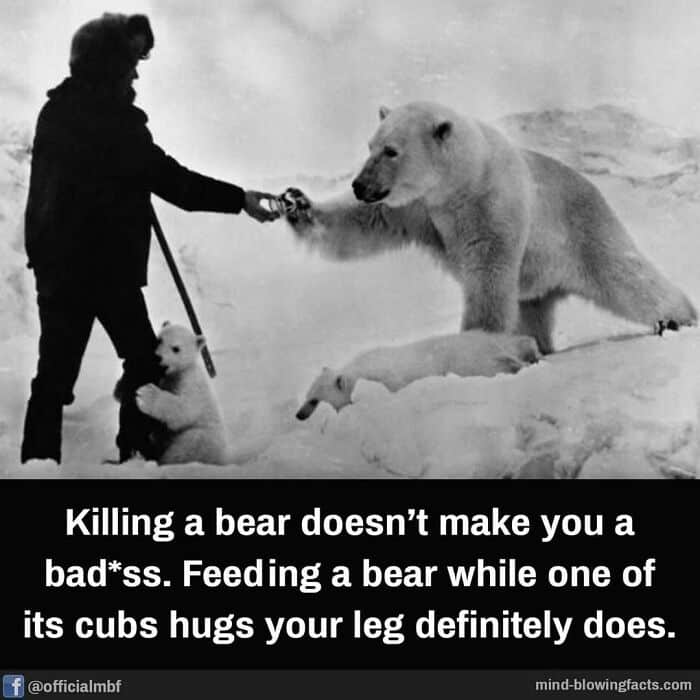
The benefits can be similar to those of playing a video game.
Unlike gambling and video games, Kounios said that trivia is not a problem habit.
“I don’t think there are any pitfalls,” he said. “Like anything else that’s fun, it takes up time.”
9.

10.
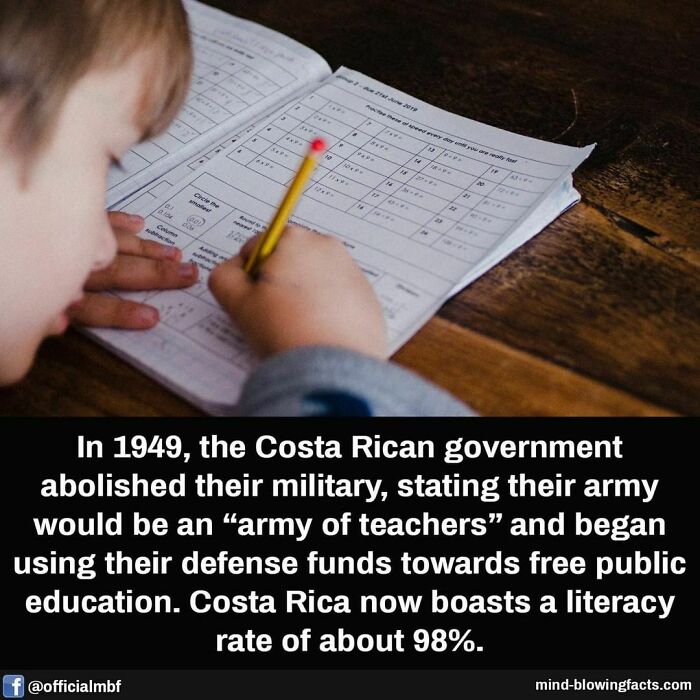
11.

Sometimes we think of the brain as an endless library, with shelves full of our most precious memories as well as our lifetime’s knowledge. Is there a point where it reaches maximum capacity? Can the brain get full?
The answer is no. Brains are more advanced than that. According to a study published in Nature Neuroscience, old information is sometimes pushed out of the brain for new memories to form.
12.

13.

14.

When we try to remember information that is similar to what we already know, scientists want to know what happens in the brain. Similar information is more likely to interfere with existing knowledge and it is the stuff that crowds without being useful.
They looked at how brain activity changes when we try to remember a target memory while also trying to remember something similar.
15.

16.
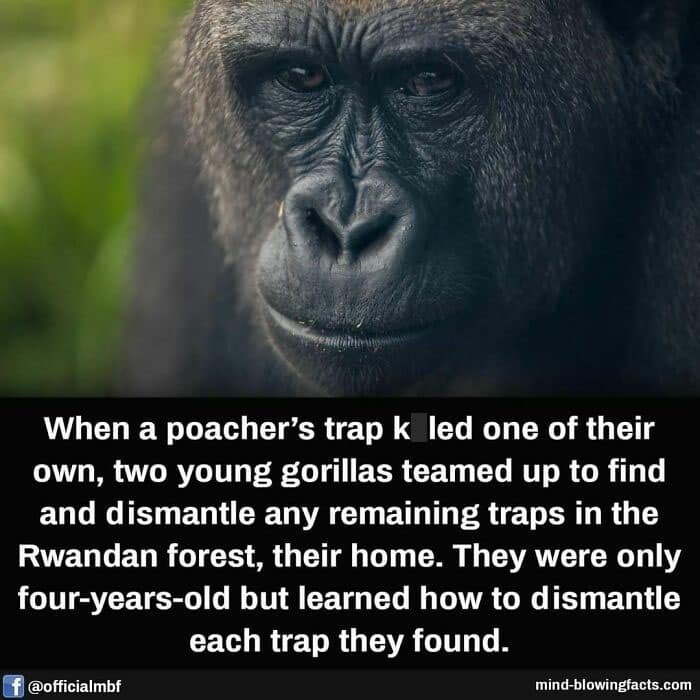
17.

Researchers taught participants to associate a single word with two different images, such as one of Marilyn Monroe and the other of a hat.
The brain activity for the target memory increased as it was recalled more often. The brain activity for the competing memory weakened at the same time. Key memory structures in the middle of the brain, such as the hippocampus, are usually associated with memory loss.
18.
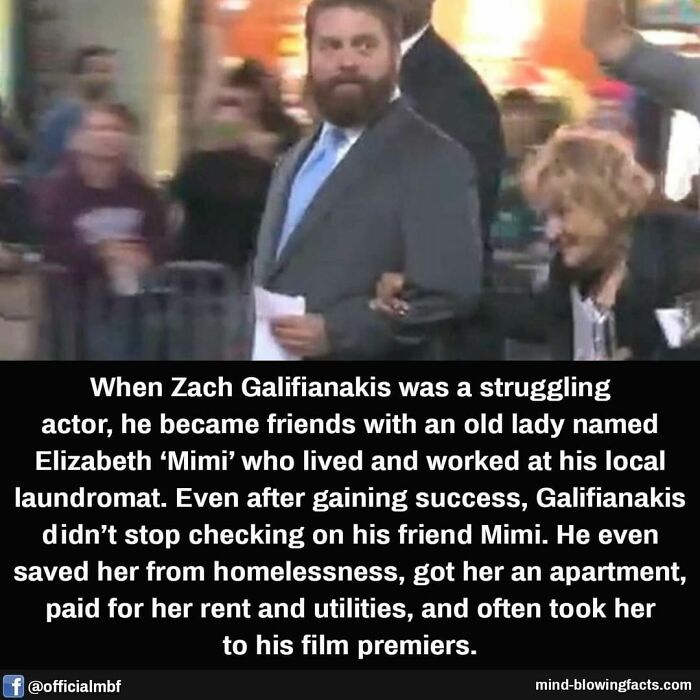
19.

20.

The prefrontal cortex is involved in a number of cognitive processes. The hippocampus and this part of the brain work together to retrieve memories.
If the hippocampus is the search engine, the prefrontal cortex is where the most relevant memories are found. The brain needs to be able to access relevant information without being distracted by competing pieces of data.
21.
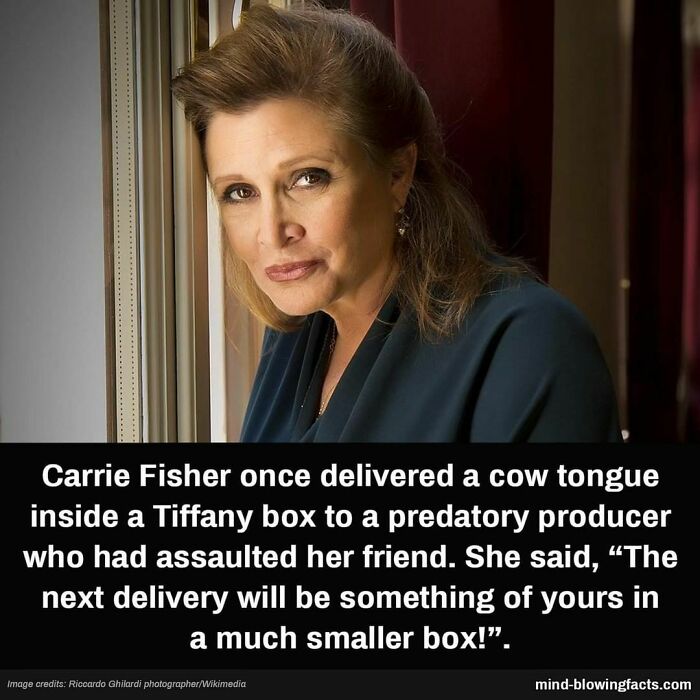
22.

23.
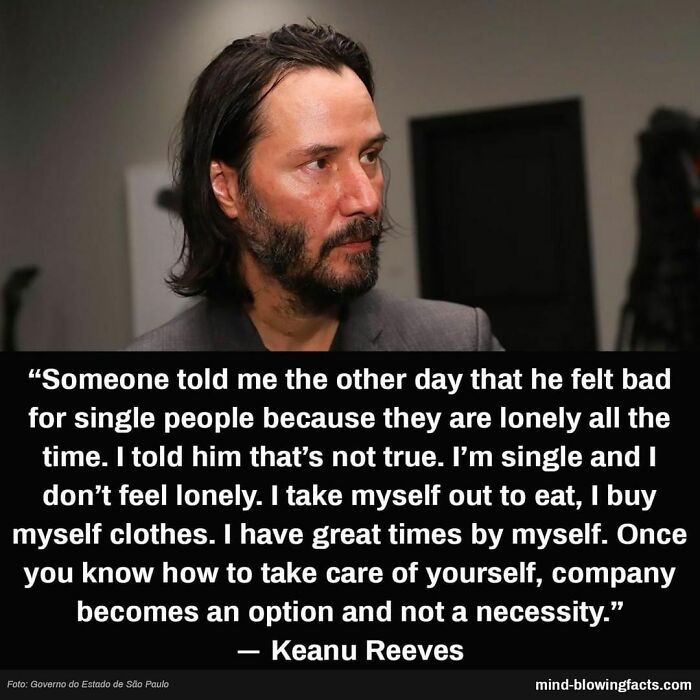
Don’t be afraid. It is beneficial to forget in daily life.
You lost your bank card. You will receive a new card with a new PIN. According to research, you forget the old code when you remember the new one. The process improves access to relevant information.
24.

25.

26.

27.

28.
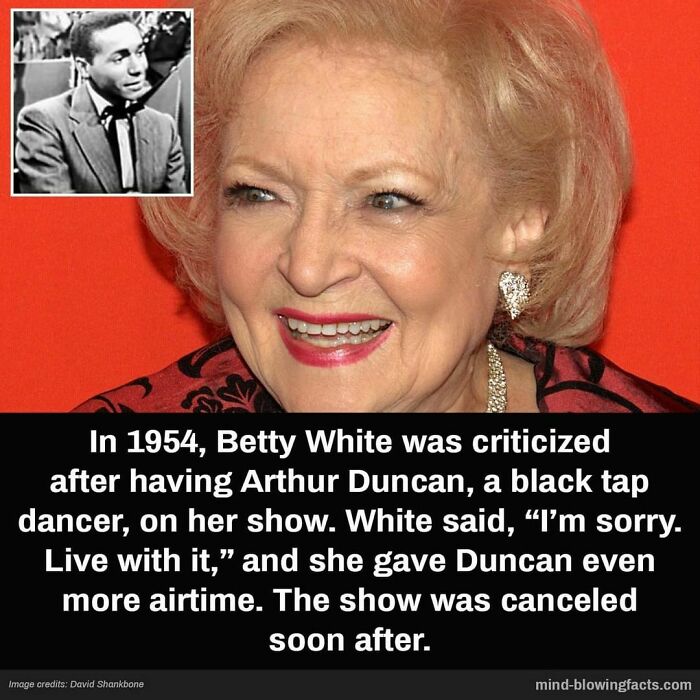
29.
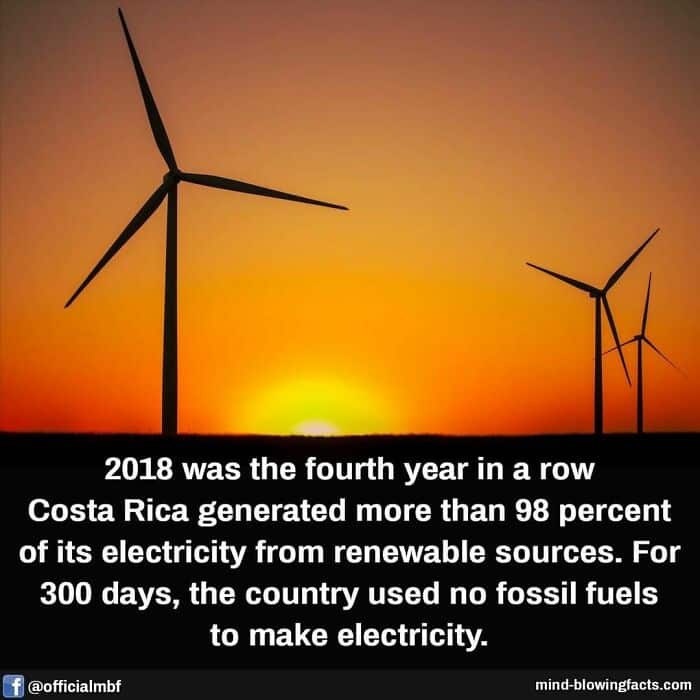
30.



